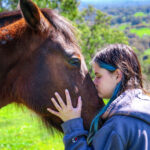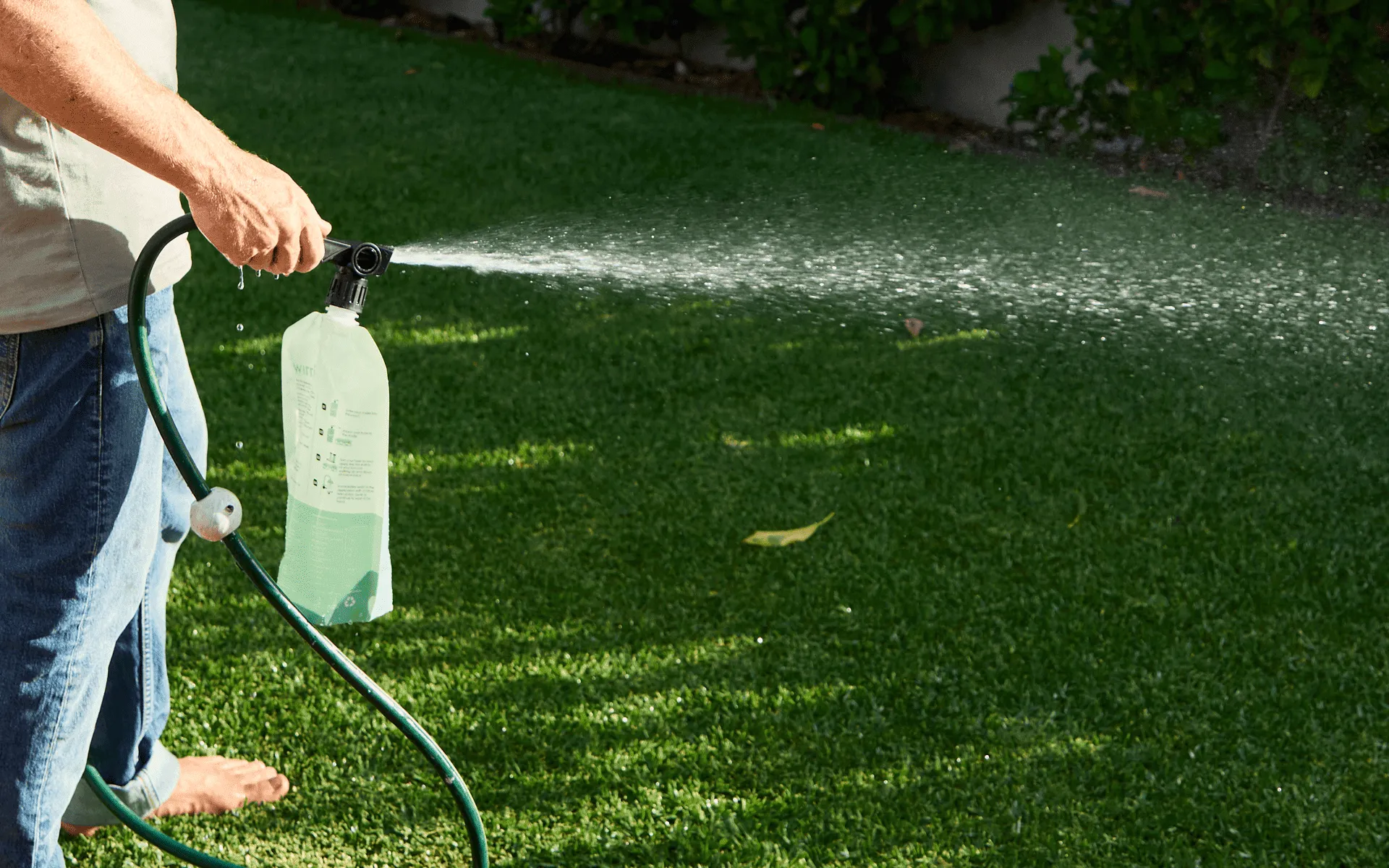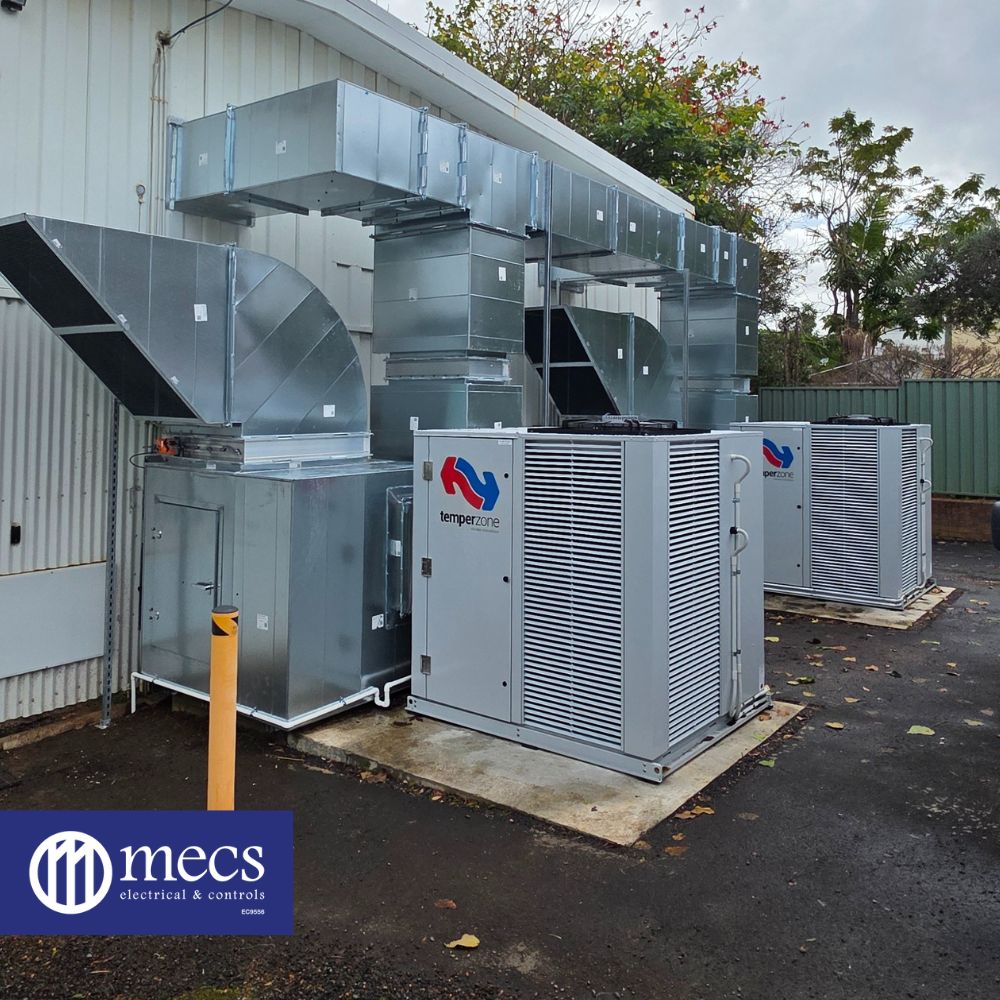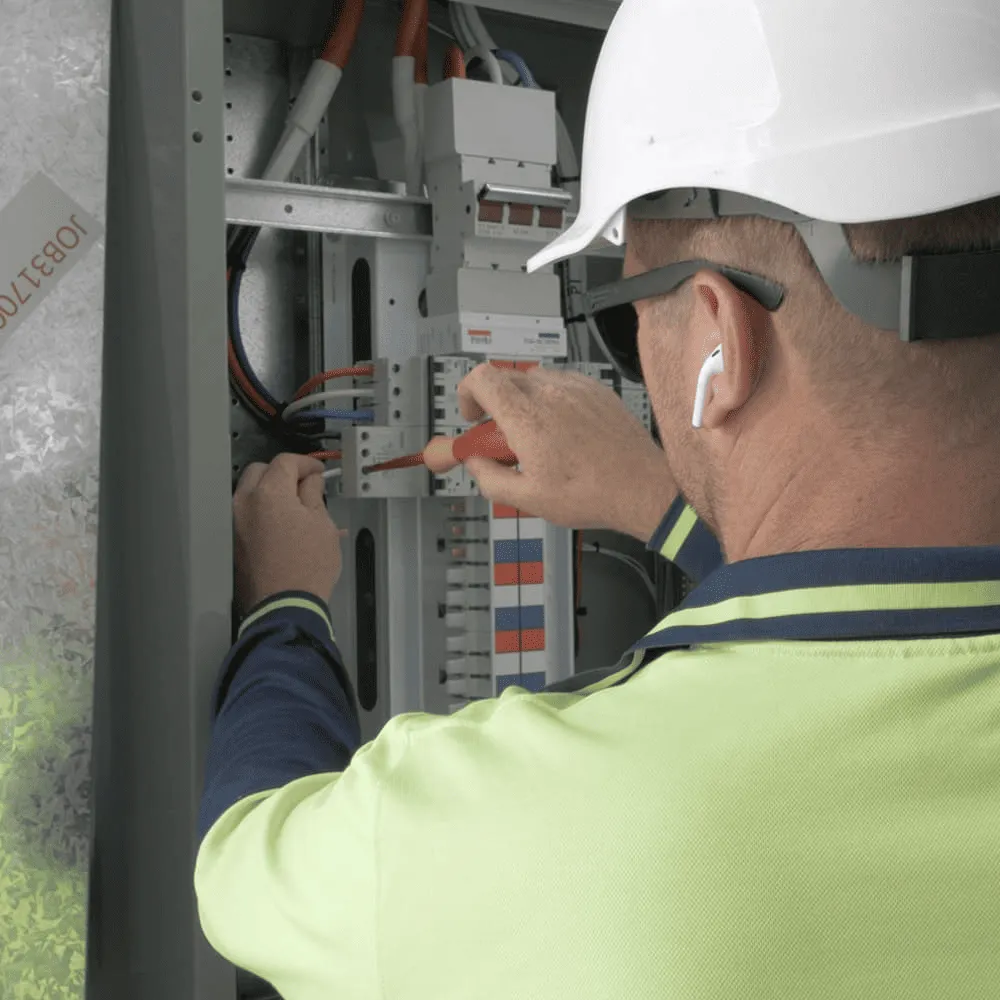
While traditional schooling suits many students, some need a little more support, flexibility, or a different way of learning. That’s where specialised curriculum education steps in. Designed to focus on practical skills, career readiness, and personal development, specialised curriculums offer students a different pathway – one that often leads to better outcomes both in school and after graduation.
What Is a Specialised Curriculum?
A specialised curriculum is an educational program designed to meet the specific needs of students who might not thrive in a conventional classroom setting. These programs are typically structured to support students who face social, emotional, behavioural, or learning challenges. Rather than focusing purely on academic achievement, specialised curriculums blend core subjects with life skills, vocational training, and hands-on learning opportunities.

The Difference Between Traditional and Specialised Education
Traditional schooling generally focuses on a standardised curriculum with the aim of preparing students for tertiary education. While this works for many, it doesn’t suit everyone. Students who learn differently or struggle with the rigid structure of mainstream education can easily fall through the cracks.
Specialised education flips this model on its head. Instead of pushing every student towards the same academic targets, specialised programs work with each student’s strengths, challenges, and personal goals. Core subjects like Maths, English, and Science are still covered, but there’s also a strong focus on practical learning, personal development, and workplace skills. This balance helps students build confidence and gain a better understanding of how their education applies in the real world.
Focus on Career Readiness and Life Skills
One of the most valuable aspects of specialised curriculum education is its focus on career readiness. Students don’t just learn theory; they learn how to apply it.
The life skills component is just as important. Many students in specialised programs need extra support building resilience, managing relationships, and learning how to handle daily responsibilities. Specialised curriculums incorporate these essential life lessons, making sure students are equipped to face adulthood with confidence.
A Supportive Learning Environment
The learning environment in a specialised program is another major difference compared to traditional schooling. Classes are often smaller, which allows teachers and support staff to build strong relationships with students. This personal connection is key, especially for young people who’ve had negative experiences in mainstream settings.
Staff working in these programs are trained to understand the diverse needs of their students. There’s often a strong focus on mental health, wellbeing, and creating a safe space where students feel comfortable to learn and grow. This supportive atmosphere can be life-changing for students who might otherwise disengage from education entirely.
Flexibility to Meet Individual Needs
Flexibility is a major advantage of specialised curriculum education. Instead of rigid timetables and one-size-fits-all lessons, specialised programs adapt to the individual. This might mean offering different learning formats, from practical workshops to project-based learning and work placements.
Some students might benefit from spending more time in a hands-on environment, while others might need extra support with literacy or numeracy. A specialised curriculum is built to shift and change as needed, ensuring every student has the best chance to succeed.
This adaptability is particularly important for students dealing with complex life challenges, such as family difficulties, mental health issues, or learning disorders. Instead of forcing these students into a mould that doesn’t fit, specialised education gives them the space and support they need to develop at their own pace.
Real-World Experience and Vocational Training
One of the standout features of specialised education is the opportunity for students to gain real-world experience while still at school. Through vocational education and training (VET) programs, students work towards qualifications that give them a head start in industries such as building and construction, automotive, hospitality, and more.
These programs don’t just teach technical skills – they also build teamwork, communication, and problem-solving abilities. By the time students complete their education, they’re often job-ready, with a clear understanding of what it means to work in a professional environment.
Building Confidence and Independence
Specialised curriculums do more than prepare students for work – they help build confidence and independence. Many young people in these programs have experienced setbacks or challenges that knocked their self-esteem. By focusing on strengths and practical achievements, specialised education helps rebuild that confidence.
When students see that they’re capable of learning new skills, completing projects, and contributing to their community, it changes their outlook. They start to believe in their own potential, which is a powerful step towards independence and future success.
Programs often include community engagement projects, volunteering, and leadership activities – all designed to help students see their value and place in the wider world. These experiences are just as important as academic or vocational achievements and play a big role in personal development.

Strong Pathways to Employment or Further Study
A common misconception is that specialised curriculum education limits students’ options. In reality, it often opens up more pathways than traditional schooling, particularly for those who’ve struggled in mainstream settings.
Graduates from specialised programs can move directly into employment, apprenticeships, or further study, depending on their interests and abilities. The focus on career readiness and practical skills means students often leave with qualifications and experience that give them an edge in the job market.
Conclusion: A Practical, Supportive Pathway to Success
Specialised curriculum education offers a refreshing alternative to the traditional schooling model. By combining academic learning with real-world skills, career training, and personal development, it creates a more balanced and supportive environment for students who need it most.










